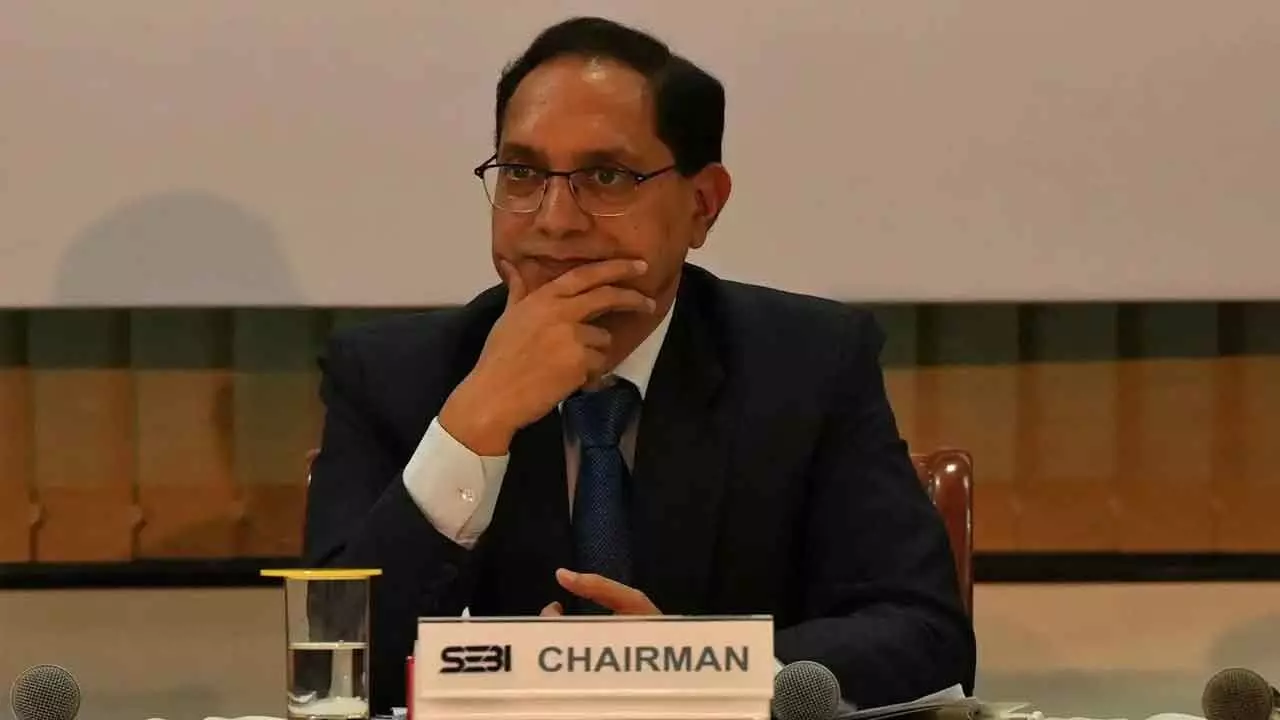Sebi Chief Is Bang On: Gensol Fraud Should Not Trigger More Regulation
Sebi Chief Is Bang On: Gensol Fraud Should Not Trigger More Regulation

The response of SEBI Chairman Tuhin Kanta Pandey to the Gensol Engineering fraud is reasonable and reassuring. While making it clear that “Sebi’s job is to find and punish” the culprits, he has done well by observing that more stringent regulations will not be proper in the wake of “the egregious fault of a few.” The Gensol Engineering case has understandably raised concerns among investors and stakeholders because corporate frauds can have widespread ramifications, including shaking investor confidence and impacting market sentiments. The impunity with which the Gensol promoters indulged in malfeasance and crookedness is quite shocking. How could the promoter Jaggi brothers divert funds from the company for so long? How were huge loans given to them by state-run lenders? Was there no oversight on their activities? These are not just rhetorical questions; they point to systemic weaknesses that demand immediate attention. The absence of early warnings and the failure of multiple layers of checks and balances suggest that the prevailing safeguards are either inadequate or poorly enforced.
What encourages fraudsters the most is the general perception that they are clever enough to manipulate the system, delay investigations, or influence outcomes through personal connections and political proximity. And get away. This culture of impunity is toxic and threatens the very foundations of ethical enterprise and investor protection. It is time the government takes a tough look at the structural flaws that allow such misconduct to flourish. There must be a stronger framework to detect, deter, and penalise white-collar crime—one that includes not just reactive enforcement, but proactive prevention. Better coordination between regulatory bodies, stricter due diligence by lenders, real-time financial surveillance, and enhanced whistle-blower protections could be part of this reform. Moreover, accountability should not just stop at the promoters. Intermediaries, auditors, and financial institutions that failed in their duty to report or act on irregularities must also face scrutiny. Economic crimes are not victimless; they impact public money, damage the market’s integrity, and betray the trust of honest investors.
If India’s ambition is to be a global economic powerhouse, then fostering a climate of transparency, integrity, and zero tolerance for corporate fraud must become non-negotiable. The Gensol case should serve as a wake-up call—not just to punish, but to prevent. Effective action against corporate malfeasance is not predicated upon tighter regulations. The Sebi chief has rightly cautioned against using isolated events as a pretext to impose sweeping regulatory changes. In doing so, he touches upon a crucial aspect of governance—the need to differentiate between systemic weaknesses and individual breaches. Overregulation can stifle innovation, deter entrepreneurial activity, and increase the cost of compliance, particularly for small and mid-sized enterprises. It can create an atmosphere of fear and reluctance, discouraging genuine risk-taking and growth. Pandey’s stance shows confidence in Sebi’s existing regulatory mechanisms. It implies that the current framework is robust enough to handle violations, provided enforcement is strong. By focusing on accountability and enhancing surveillance rather than rewriting rules, Sebi is opting for precision over proliferation. This reflects the regulator’s shift towards becoming more data-driven and technology-enabled in identifying anomalies and taking corrective action.

